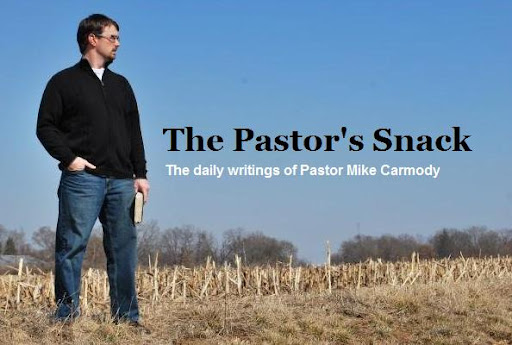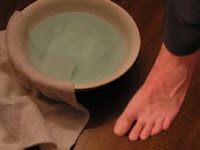It seems that nothing surprises us any more, does it? The local and national news is now watched more for entertainment than information. "What was done today that might top yesterday?" we say. Of course, in much self-righteousness we can never see ourselves doing those same things. Because of this, it is natural for us to ask, "Why do people do such things?" The answer is simple, and yet alarming to our souls: we do not truly know God and His Son Jesus Christ.
As Jesus addressed His disciples in John's 16th Gospel chapter, He begins by warning them of the things that are certain to come. In verse 2 He tells them that they will shunned from the synagogues and even killed for the stand they take in Christ. Amazingly, when Jesus spoke these things, He did so with flippant certainty... as if there is really no other response from sinners to our life in Christ. This type of Christianity is unheard of in our lives today.
Verse 3 reveals the truth behind the actions of those who would do such evil: "And these things will they do unto you, because they have not known the Father, nor me." This says so much about why we do the things we do. Our actions are evidence of our knowledge of God and His Son. Something mysterious happens as we gain knowledge of God and His Son. All the more reason we should spend quality time in His Word and around His teachings.
It needs to be understood that this truth is not for the unbelieving only. In fact, our hearts as believing Christians is evidence to our knowledge of God. Christians are prone to the same acts of evil as we retard our growth in Him. As our speech gives evidence to the content of our heart, so our actions reveal the level of knowledge that we have of God.
So, the next time you discover the evil actions of others in your world, of both believers and unbelievers, be cognizant of the source of such evil. They are lacking knowledge of God and His Son, Jesus Christ.
Pastor Mike Carmody







